It’s December, and you’re being pulled into the vortex of time. The maelstrom is all around you! Can you feel it?
After Halloween, the year just seems to accelerate. After Thanksgiving, the days move forward at warp speed. The commitments and the demands and the lists and the expectations and the projects that need to be done – have to get done – before the end of the year seem to mount logarithmically. And then there are the card lists and the gift lists and the shopping and the school concerts and the holiday parties….
In many professions, there are the added pressures of pulling in the receivables and closing the deals by year’s end.
What to do?
Wrong question.
The question is what not to do.
The way out of the vortex – the only way – is the simplest and the hardest thing of all. The only way out is to say “no.”
Saying “no” is not news and it’s not rocket science. All of the leadership and success books will tell you that it is fundamental to your sanity and, paradoxically, a key to your productivity and goal achievement.
Jack Canfield in his book The Success Principles recommends creating a “stop-doing” or “don’t do” list. (My favorite list!)
I invited a colleague to a program I was hosting. Her response: “Thank you. But I ‘don’t do’ evening commitments.” (Those are pretty clear boundaries, I thought!)
But, why is saying “no” so hard?
Well, most of us are conditioned from very early on that “no” is not the “right” answer. As time goes on, you also begin to layer on your own assumptions – whether true or not – about what others expect of you.
Sometimes, I suspect, saying “yes” is just a habit. (I said yes to a commitment recently without even stopping to realize I would be out of the country during the time I’d committed!)
And yes, isn’t there a healthy dose of narcissistic self-importance that loves to believe that somehow your presence is essential or that you are the only one who can do something?
So as the vortex swirls, I’m working on saying “no” more often.
I’ve started by asking myself whether a project or an invitation is one that I “should” do or accept rather than one I “want” to do or accept. I’m working at eliminating the “shoulds.”
(Note to self: Just because you can doesn’t mean you should.)
Saying no to the non-essential allows you to be more fully present in what is most important. By doing less, you can pay closer attention to what is essential. And as The Little Prince reminds us, “what is essential is invisible to the eye.” It takes time to see.
The Carmelite monk William McNamara writes, “We are not really practical, and we shall get nowhere, we shall never find life, life will escape us, unless we learn not to always be bustling about – unless we learn to be still, to let things happen around us, to wait, listen, receive, contemplate.”

“One final word on the subject of time,” McNamara says:
“I suggest that we stop doing half the work that presently consumes us. Then let us attend to the remaining half wholeheartedly, with contemplative vision and creative love. I stake the authenticity of our lives and the effectiveness of our work on this radical shift.”
I described the vortex to a colleague as a giant flushing toilet bowl.
Not a great place to end up.

